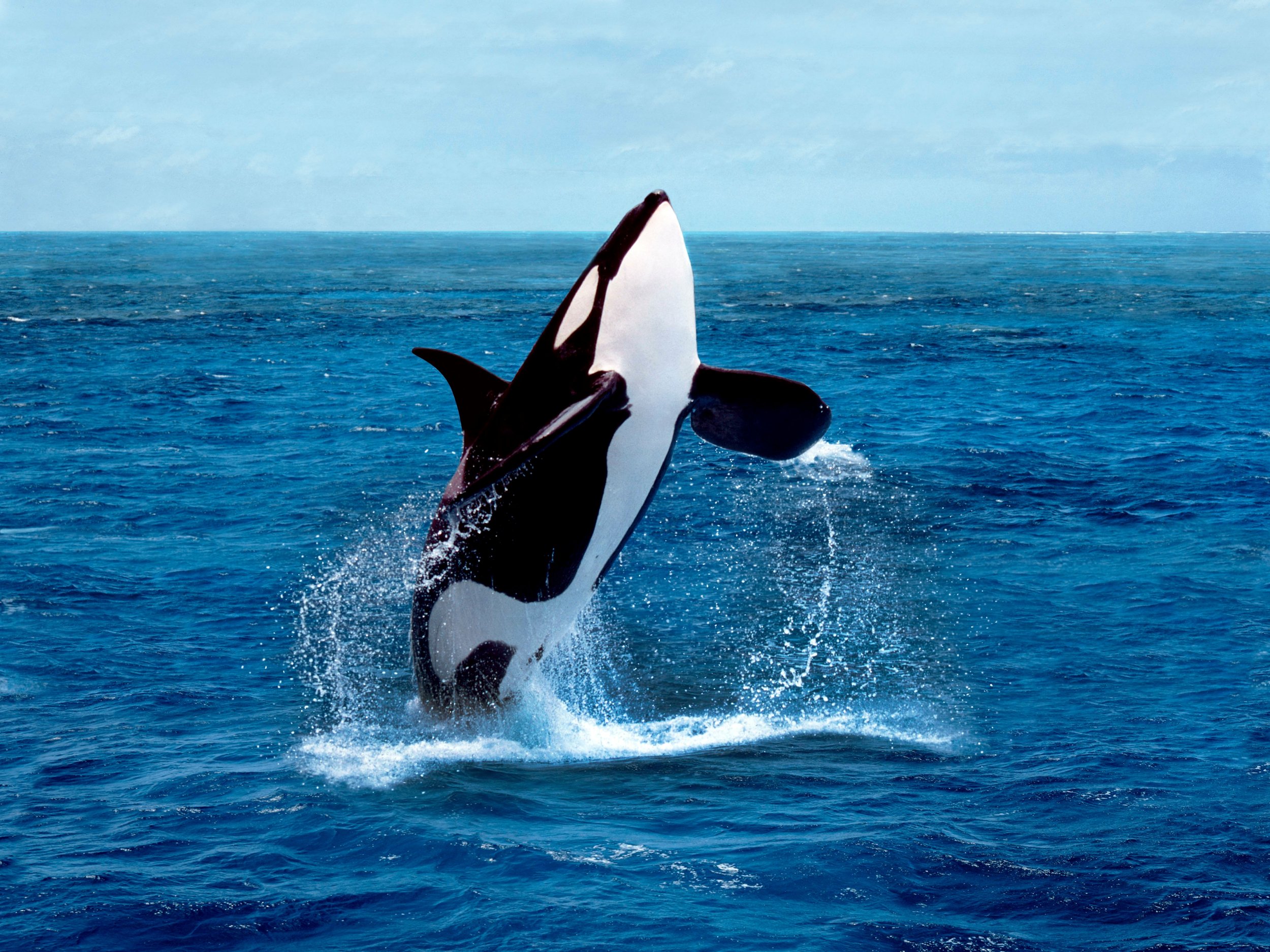Toxic 4-Nonylphenol (4NP) has been found in endangered Orca whales in the Pacific Ocean.
Source: Environ. Sci. Technol. 2023
A recent research study conducted by the University of British Columbia’s Institute for Ocean and Fisheries, The British Columbia Ministry of Agriculture and Food, and Fisheries and Oceans Canada was the first to find 4NP in Orca whales. (Source: Environ. Sci. Technol. 2023, 57, 1, 360–374 Publication Date: Dec.13, 2022
https://doi.org/10.1021/acs.est.2c04126)
4NP is a type of alkylphenol, which is a class of surfactants that are widely used in various industrial processes, such as pulp and paper and textile manufacturing. This toxic chemical is often used in the production of toilet paper, soap, detergents etc. This chemical enters water bodies, such as the Pacific Ocean, via sewage treatment plant processes and industrial runoff.
Researchers determined that 4NP is consumed by smaller organisms that are then ingested by the Orcas. Once ingested it was discovered that 95% of 4NP was transferred through the Orca’s womb to the fetus. Although it is apparent that this toxic chemical is making its way through the food chain, to date little is known about the long term health implications of 4NP on marine life and humans.
Ozone treatment has been found to be effective for removing 4NP from water. Ozone oxidation of 4NP can break down the molecule into smaller, less toxic compounds, effectively removing it from the water. Additionally, the reaction of ozone with 4NP can form hydroxyl radicals, which can further degrade other contaminants, such as PFAS, in the water. To learn more about the effectiveness of ozone treatment for removing 4NP, PFAS and other toxic chemicals please contact us here.


